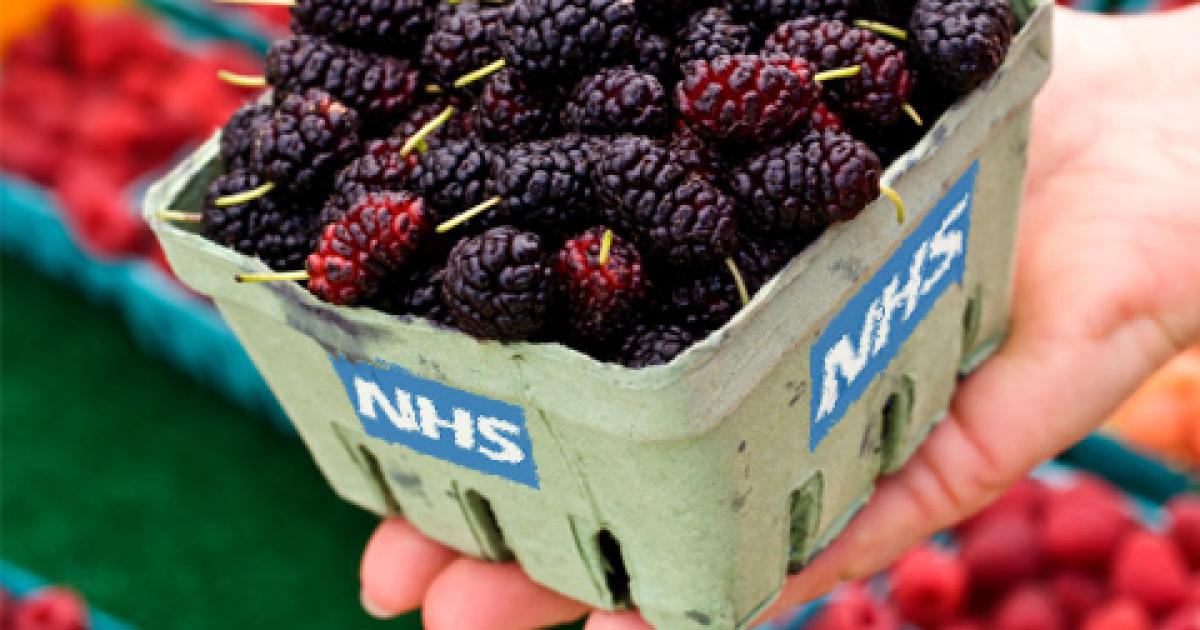I would like to thank the Irish Forum if Agricultural Development (IFAD) for allowing me to attend the IFAD conference 2021 in Dublin today. As I am MscCCAFS student in the Ryan Institute at NUIG the IFAD conference was of great personal interest to me and I would like to discuss a few key issues raised:
The reduction in the quantity of emissions being released into the atmosphere was a topic broadly discussed in the conference, with methods of mitigating such emissions suggested. Protecting our ecosystems globally against the impacts of climate change. Another key area of interest involved the suggestion that farmers are required to be economically sustainable to meet the standards set out for Food Vision 2030. Member state pathways should be adopted as pathways are clear visions of what governments and stakeholders will be able to deliver by Food Vision 2030. The Food Vision 29030 takes on an integrated approach towards food systems trying to make Ireland a global leader in the advancement of food systems (Dept. of Agriculture, Food & the Marine 2021). Carbon dioxide emissions are increasing since the Covid-19 pandemic has slightly subsided with more emission releasing activities now taking place once again. Methane and Nitrous Oxide levels need to be reduced globally and both gases have strong ties to agriculture, this article by (Shankman 2019) explains the impacts of Nitrous Oxide on the climate https://insideclimatenews.org/news/11092019/nitrous-oxide-climate-pollutant-explainer-greenhouse-gas-agriculture-livestock/.

Areas of polarization and lack of consensus identified at the IFAD Conference 201 include: It was suggested that groups of people must congregate to create an integrated approach to address the issues related to our food systems. Food systems on a global scale was the most important topic of the IFAD conference. Differences in food systems in wealthy and poorer countries needs to be prevented. The food systems approach conducted by the Wageningen University & Research discusses sustainable solutions for a sufficient supply of healthy food https://knowledge4food.net/wp-content/uploads/2018/10/180630_foodsystems-approach.pdf. It should be ensured that children in poorer regions get sufficient levels of food, education and that people in these countries are taught to use climate-smart agricultural techniques in an attempt to battle the impacts of climate change. A systems approach needs to be considered towards the results of the Food Systems Summit. Young people involved in agricultural activities should be able to obtain a decent living from the sector. Issues related to trust between everyone involved in the food system requires strong collective action to be taken.
Key issues for the Food Systems Summit & COP26 that were not discussed at the IFAD Conference: Real actionable goals and targets should be set out that governments and stakeholders can use to mitigate impacts of climate change. Issues such as protecting the biodiversity of our planet should be a vital role in the COP26. Methods of mitigating the impacts of agriculture on the environment and the contribution of emissions into the atmosphere and adaptation techniques for farmers. Melting of the ice sheets and the rates at which this is occurring. Everything seems to be possible but the real question which should be raised at the Food Systems Summit and COP26 is what are we going to actually do about the situation.
References: gov.ie – Food Vision 2030 – A World Leader in Sustainable Food Systems (www.gov.ie), What Is Nitrous Oxide and Why Is It a Climate Threat? – Inside Climate News, 180630_foodsystems-approach.pdf (knowledge4food.net), UN Climate Change Conference (COP26) at the SEC – Glasgow 2021 (ukcop26.org), Land and Biodiversity | UNCCD, Can Defra deliver its 2030 food vision? (theecologist.org), My City – Climate Smart Agriculture: Context and Priorities (nagariknetwork.com)